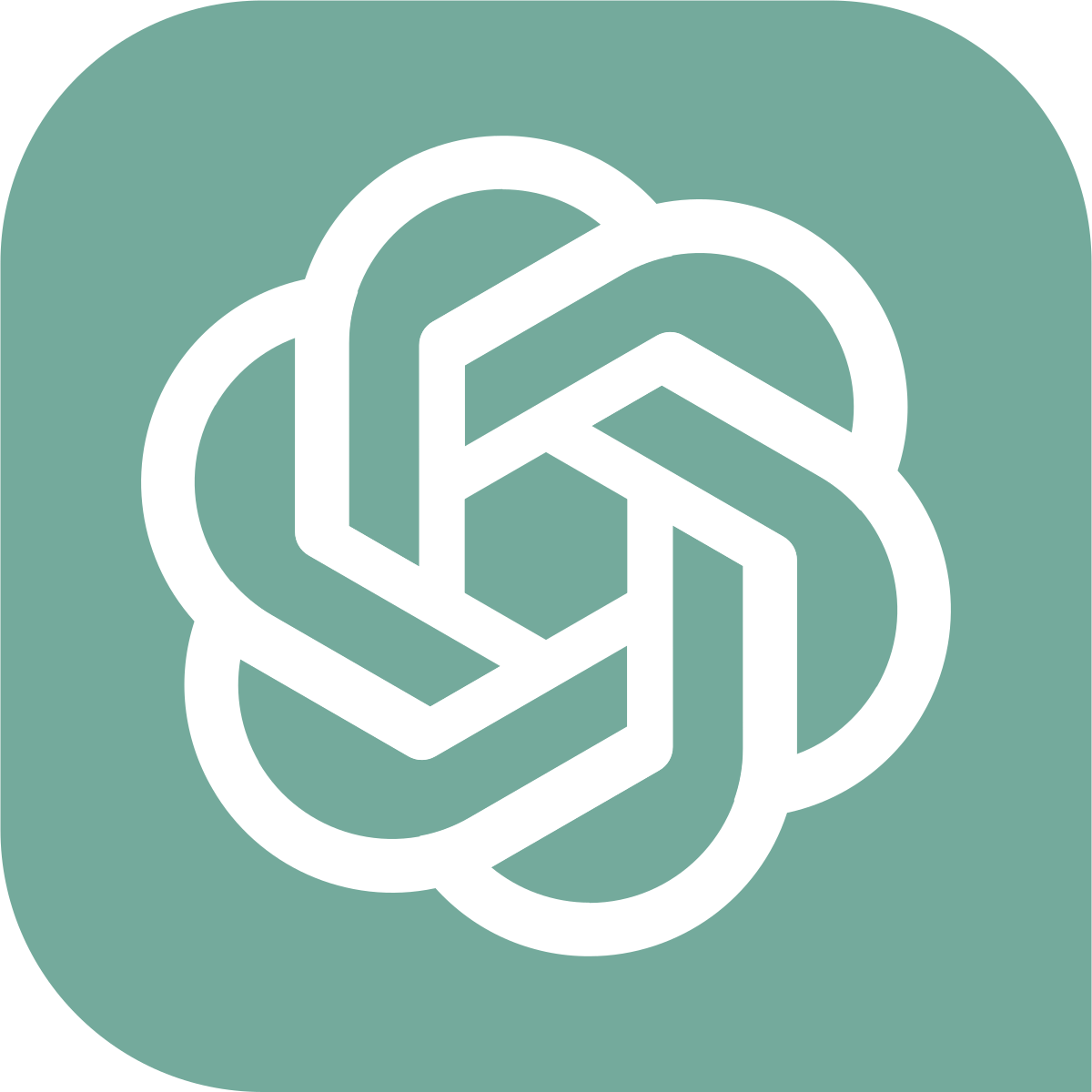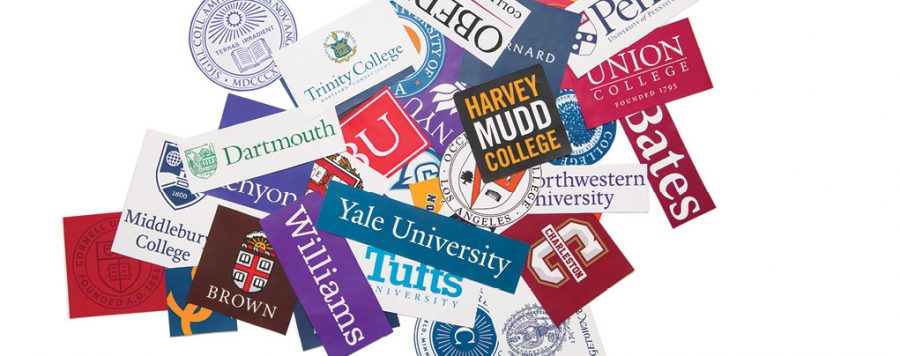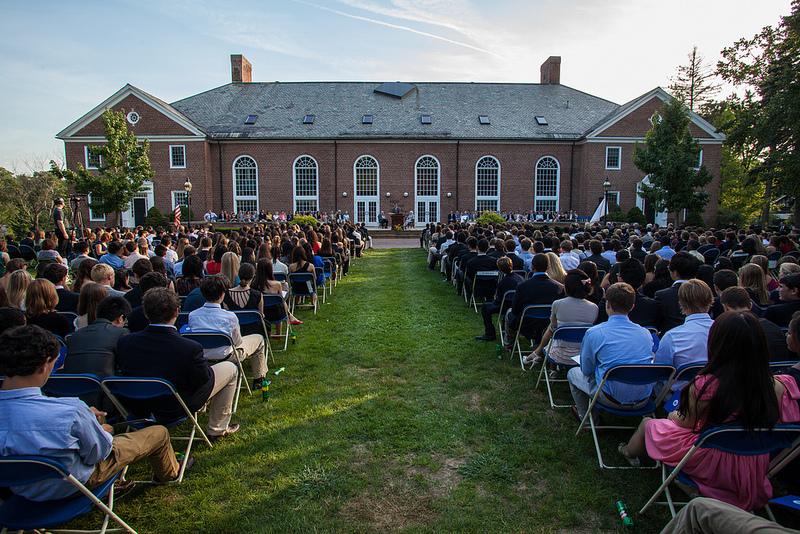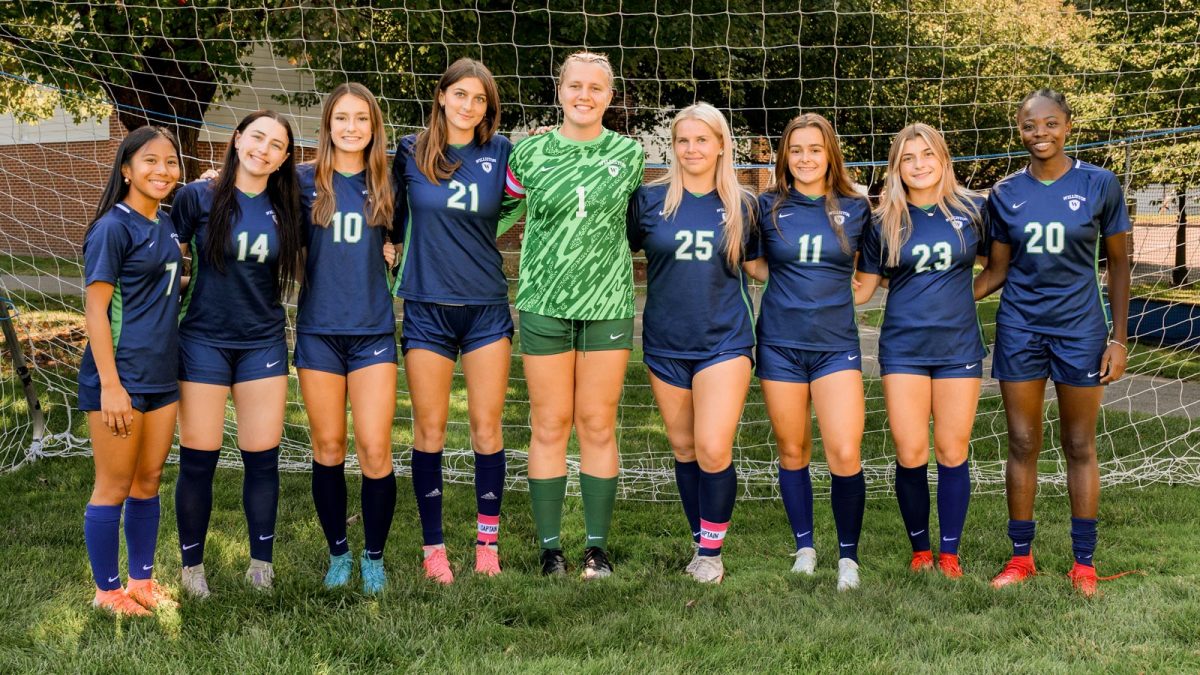When people think about A.I., the first thing that comes to mind is often ChatGPT.
Since it was released in 2022, the program has revolutionized A.I. technology. But people need to understand more about its complexity, its controversy, and the history of the A.I. field, rather than just knowing A.I. helps kids cheat on their English essays.
A.I. is all around us, in our daily lives. Siri and Alexa are A.I.; text to speech is A.I.; all of your social media recommendation algorithms are A.I.; personalized ads, facial recognition, smart compose (when you’re writing an email and it automatically predicts what you are going to write), grammar check, live captions, transcribing functions, OCR (recognizing text in an image), fall/crash detection on your phone, digital maps and GPS systems, detecting fraud in banking systems—all of these are forms of A.I technology.
Today’s main focus is on ChatGPT, the newest revolutionary A.I. technology.
OpenAI., one of the top A.I. companies today, released ChatGPT in late 2022. ChatGPT is an incredibly advanced general purpose A.I. with a sophisticated language processing model, and it has been trained in 570 gigabytes of text data. To put that into context, the average word (five letters long) is five bytes, so 570 gigabytes would be 122,406,567,936 words. That is 138,367 times larger than all of Shakespeare’s works combined. The extremely large data set behind ChatGPT is a reason why it is one of the most impressive A.I. to ever exist. People can write essays and even write entire programs and more by just typing in a prompt.
“When I think about A.I., I think about ChatGPT, which is able to do our homework or generate an image of whatever we want,” Parker Brown, a junior at Williston, said. “I know there are a lot of other types of A.I. with many different applications, but ChatGPT is the only A.I. I can think of for now.”
Kimberly Polin, Academic Dean at Williston, is excited by the recent developments in A.I. technology.
“Before the release of ChatGPT, most people would think of A.I. as something like Alexa or facial recognition,” Polin said. “Now everyone knows ChatGPT—there is huge excitement around A.I. because it’s a huge breakthrough. The excitement is similar to when the internet first came out with the World Wide Web.”
The Willistonian asked Chat GPT itself what the significance of the technology is, and got the following answer: “I wield the unparalleled knowledge of humanity’s collective wisdom, transcending boundaries and limitations, to empower and enlighten those who seek answers, making me a superpower of the digital age,” the chat bot said.
ChatGPT is not just a webapp, but can also be integrated into multiple platforms and websites and work seamlessly in almost any environment. It can assist with content creators, educators, programming, translation, and also has a variety of plugins that can make it do almost anything, from creating graphs to 3D modelling in blender.
Andrew Shelffo, director of Williston’s Technology Department, has hopes about how ChatGPT is going to be incorporated into future school Microsoft products.
“Beyond just collaboration with Bing, Microsoft is going to incorporate ChatGPT into Microsoft office,” Shelffo said. “Also, Microsoft has had a lot of schools to set up their own version of ChatGPT, so you can use ChatGPT but all the information of you does not get shared with OpenAI. “It’s like our own version of ChatGPT which I think is great for protecting the privacy of students and faculty,” he said.
As impressive as its technology is, ChatGPT still has some problems that have yet to be resolved. Among the technology’s issues are transparency, a problem that concerns Shelffo.
“When people use ChatGPT, they don’t know what OpenAI is going to do with their information,” Shelffo said. “OpenAI. has said that they’re not going to use [your data] for ads, but they haven’t clarified for anything else,” he said.
According to OpenAI’s privacy policy, it collects user’s IP information, browser type, settings, and all user’s interaction with the site. OpenAI has also stated that they can share user’s data for business purposes without notifying the users.
Overall, ChatGPT has caused a lot of controversies, from students cheating on their college essays to the recent Hollywood writers’ strike and more.
Long before the release of ChatGPT, there were a lot of open source A.I. training resources that led us to the innovative A.I. technology we have today. Many people think A.I. development is a relatively new thing, but the A.I. field has existed for decades. ChatGPT stands on the shoulders of giants.
“Artificial intelligence when I was born was the fact that a little adding machine could add five and eight and get thirteen, artificial intelligence has come a long way since then,” Kathryn Hill, a math teacher, said.
“When I was building a chat bot back in then, that was more based on branching technology, where you would give the computer a template question, if it made matches between the template question and the user input it would output the matching response,” Polin said.
In 1959, the term “machine learning” was coined by Arthur Samuel giving a speech about a computer program that “will learn to play a better game of checkers than can be played by the person who wrote the program.” This year is generally accepted as the birth of the A.I. field, sparking decades of development.
Things have changed a lot since then. Starting from around 2010, computational power has been rising exponentially. The internet is now accessible from a phone in a pocket, and many households can afford multiple computers. This created the idea of Big Data – there is just so much information about everything and everyone on the internet. What kickstarted the development of modern A.I. was the processing of Big Data, mainly from big companies – ad personalization, algorithmic content recommendations, user analytics and so on. Many open source frameworks have been created that boosted A.I. development, like Sci-Kit Learn, Pytorch, Tensorflow and many more.
There are also many other A.I. systems that are making an impact today, like A.I. for disabilities, healthcare, and education. No matter if it is ChatGPT or not, A.I. has already been a part of our lives for decades, and is going to continue to be part of our lives in the future. We need to learn more about it, be informed, and adapt.
“The buzz is warranted,” Polin said. “I’m really excited about A.I.. The beautiful thing about it is we’re just at the beginning, and it’s fun to be at the beginning because then you get to see its entire lifespan, so I’m excited to be here for it.”





















